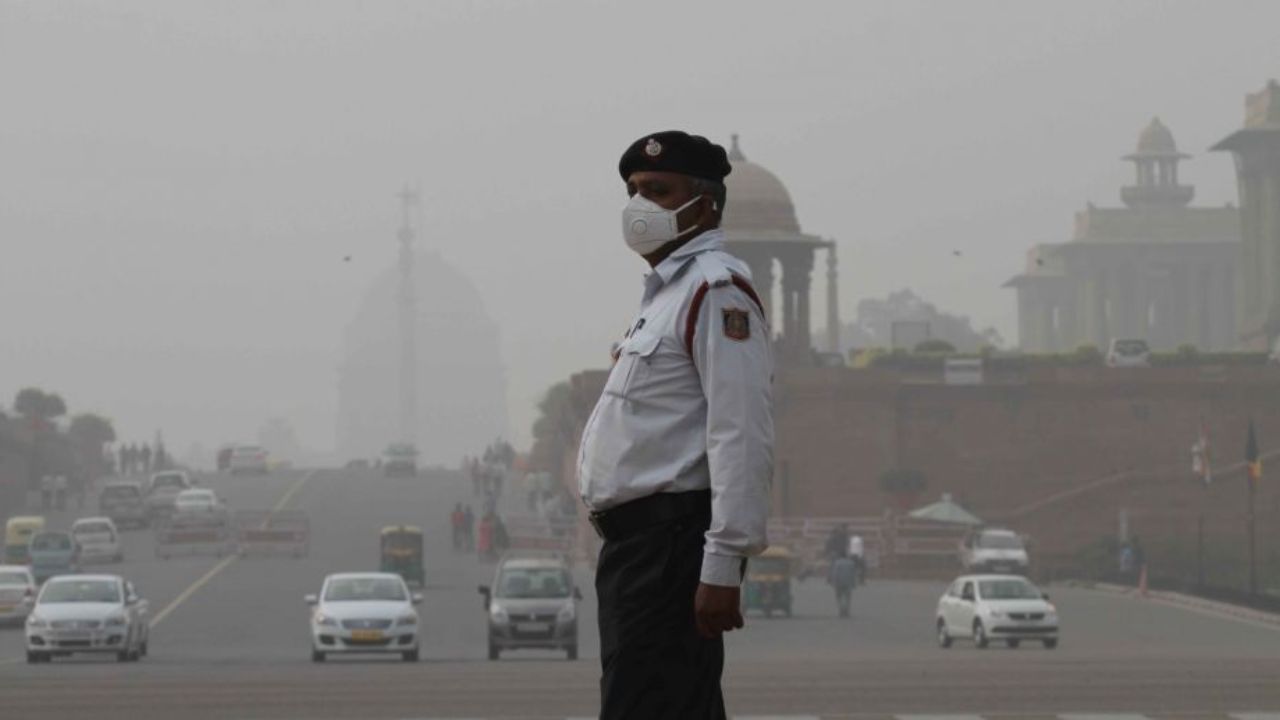Our bodies function in mysterious ways. Recently, we discovered an intriguing fact: most individuals with kidney disease do not die from kidney failure; rather, they succumb to heart disease. Curious about this connection, we consulted experts.
Dr. Puneet Bhuwania, a consultant nephrologist and transplant physician at Wockhardt Hospitals in Mira Road, explained that while there is a recognized link between kidney and heart health, current data may not provide enough evidence for a direct correlation.
“It is widely accepted that heart disease is the leading cause of death among individuals with kidney disease, including those on dialysis. This can occur because kidney disease impairs the kidneys’ ability to filter blood, leading to a buildup of waste in the body. This buildup places additional stress on the heart, increasing the risk of heart disease,” Dr. Bhuwania noted.
He added that various complications associated with kidney disease, such as high blood pressure, significantly raise the incidence of heart disease and serious heart problems. “Patients may develop coronary heart disease, experience heart attacks (which occur when blood flow to the heart is blocked), or suffer from atrial fibrillation (AF), a common type of irregular heartbeat,” Dr. Bhuwania explained.
Despite these insights, Dr. Bhuwania admitted that he has not personally encountered cases confirming that patients with kidney disease die specifically due to heart complications.
“It’s difficult to determine whether deaths in kidney disease patients are due to heart attacks instead of kidney failure. Comprehensive research and long-term patient follow-ups are necessary for a clearer understanding. However, individuals with kidney disease must prioritize their health and manage their blood pressure effectively to mitigate the risk of heart disease,” he advised.
Dr. Sanjeev Gulati, Principal Director of Nephrology and Kidney Transplant at Fortis Hospital, Vasant Kunj, pointed out that research indicates 50-70% of chronic kidney disease (CKD) patients have some form of cardiovascular disease (CVD), a leading cause of mortality within this group. “CKD is often diagnosed late, especially in regions where awareness and screening are lacking, as it is typically asymptomatic in its early stages,” Dr. Gulati remarked.
He emphasized that the cardiovascular risks remain significant. “Heart disease continues to be the primary cause of death among CKD patients, as many neglect regular heart screenings despite their elevated risk. The combination of CKD and untreated heart disease is lethal, even if patients do not die directly from kidney failure,” Dr. Gulati cautioned.
Patients with kidney disease should schedule regular check-ups and maintain follow-ups with their healthcare provider to stay informed about their health status. “Be attentive to symptoms like chest pain, palpitations, shortness of breath, and fatigue. Vigilance is crucial for managing your health,” Dr. Bhuwania advised.





